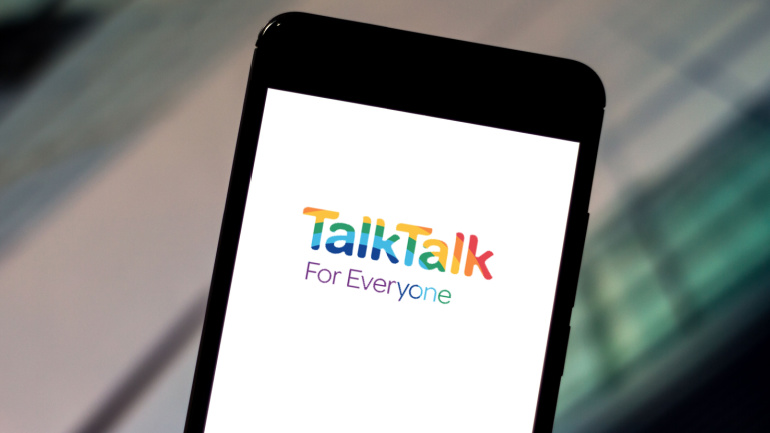Aiming to diminish the climate impact of legal proceedings, a group of dedicated lawyers is advocating for sustainable litigation practices across England and Wales. Aligned with the 2015 Paris Agreement, the initiative pleads with organizations striving for Net Zero emissions to adopt the Greener Litigation Pledge. VMO2 plays a key role in this movement, with ambitious plans to reduce its emissions by 90% by 2040.
Imagine a search and rescue mission in remote rural areas, being empowered by the wings of a drone, beaming down 5G connectivity. This very scene is unfolding in Warwickshire, UK, thanks to Virgin Media O2’s innovative approach. The drone, armed with a petite mobile base station, creates a nimble communication network, offering vital real-time data to rescuers.
Virgin Media O2’s decision to offload part of its Corneridge UK towers business to GLIL Infrastructure for £360 million marks a key shift in telecom infrastructure ownership. However, this move falls short of industry valuations, indicating price reductions in the investment market. Despite this, VMO2 retains operational and strategic control in this critical asset, striving to enhance 4G connectivity and intensify 5G rollout. This move aligns with the firm’s wider strategy, marking the start of a potentially transformative series of ambitious deals, lightening its footprint while driving growth.
Initiated by the UK government, the Shared Rural Network (SRN) aims to eradicate coverage black spots and ensure widespread 4G coverage. This project has been approached with differing bravado by top network operators. Juncture tensions arise as key operators plead for deadline leniency, while EE stands confident in its progress. All eyes are on the government’s response to this collective request while interest in the ongoing infrastructure debate climaxes. Stay informed as the narrative unfolds.
TalkTalk, a renowned Broadband ISP, recently unveiled plans for a radical transformation. The organization aims to split into three distinct operations: business, consumer, and wholesale. As this change signals a departure for current CEO, Tristia Harrison, successors are already being primed. This strategic move aims to enhance customer service, streamline operations, and diversify investment routes, despite looming debts and past acquisition attempts. The complete ramifications of this crucial split unfold at Connected North 2024.
While the UK initially took the lead in 5G deployment, recent metrics suggest a shift, with the UK now trailing behind other countries in 5G download speed and coverage. Despite these setbacks, the UK’s 5G journey is far from finished. This communication revolution isn’t just about winners or losers, but about creating a conducive environment for businesses to thrive, thus promoting economic growth and job creation.
“Project Gigabit”, the UK government’s £2 billion initiative, aims to expand high-speed broadband in hard-to-reach communities. With a vision of future-proofing Britain’s connectivity, the project seeks to connect 80% of the nation by 2025. However, ensuring equal internet access brings pressing questions, such as the cost-effective efficiency of Low Earth Orbit satellites and balancing 4G and 5G network enhancements to avoid inadvertent digital inequality.
Prominent UK telecom companies like BT, VMO2, and Vodafone have been selected beneficiaries of government funding for research into Open RAN technology. Innovative projects, with a focus ranging from energy efficiency to security, will share in the £88 million ($121 million) funding. The main goal is to figure out whether Open RAN can rival traditional RAN, especially in high-traffic areas and rural deployments, in terms of cost, reliability and energy consumption.
Vodafone has joined the UK’s smart meter network, establishing essential 4G IoT connectivity. While Vodafone’s inclusion does not necessarily signify a replacement of current suppliers, it invites intriguing possibilities. The selection of a new provider despite existing 4G options raises questions around the decision-making process. Amid the drive to phase out 2G and 3G networks, this move potentially reflects the evolving needs of the UK’s telecoms infrastructure.
Struggling to manage its colossal debt, UK ISP TalkTalk is meticulously strategizing its exit route. Insights suggest that breaking down business units and restructuring management is a bid to steady the wavering financial ship.













